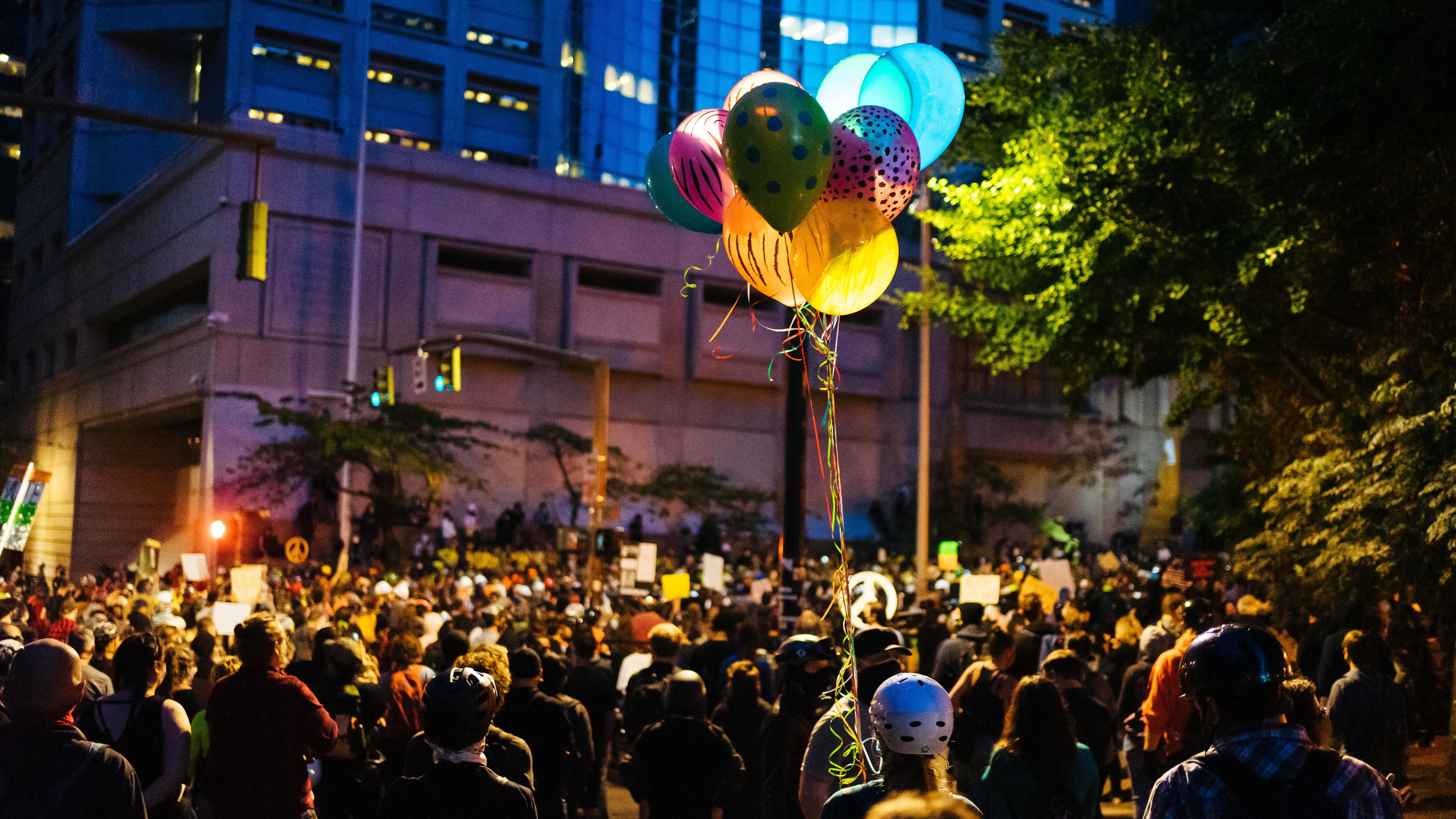Facing an extraordinary backlog of cases one year into the pandemic, the Multnomah County Circuit Court is exploring how to conduct civil trials both in person and online.
On March 18, the court announced the conclusion of its first-ever fully remote jury trial. The case was a personal injury lawsuit stemming from a 2017 car crash near Happy Valley.
Jurors remained in their homes for the duration of the trial, where they listened to lawyers present their arguments and deliberated over the verdict all through the WebEx videoconferencing platform, the court said in a March 24 press release. (Potential jurors who didn't have space at home, access to internet or a working computer were allowed to use court-issued equipment at the courthouse.)
Multnomah County Circuit Judge Eric Dahlin, who presided over the trial, explained in the jury instructions that jurors could not communicate with anybody outside of the court about the case, and that they could not post on social media, Google information or read articles relating to the case.
"I realize that all of these restrictions may seem strange to you, especially in this day and age when we are constantly doing Google searches on our phones to immediately find answers to random questions that pop up," Dahlin wrote in the jury instructions. "And it may seem particularly strange to be told that you can't use the Internet when you are actually participating in this trial via the Internet."
After the fact, Dahlin said the trial "worked incredibly well," according to a courthouse press release: "A remote jury trial is a workable substitute," he said, "that worked quite well for the lawyers, the parties, the witnesses, the jury, and the court."
In the meantime, the court will prioritize in-person trials for criminal cases with statutory or constitutional speedy trial deadlines, and for those in which the defendant has been held in custody for a year or more pending trial, says court spokeswoman Rachel McCarthy.
The court will also prioritize in-person jury trials for civil cases where there is a "particular urgency to conducting the trial during the pandemic," McCarthy says.
For civil cases that don't rise to that level of urgency, the court expects to hold more remote jury trials over the next few months. In addition, the court outlined workarounds for civil jury trials to occur in person.
"We developed a mix of other options to be available for civil cases including a pilot program for parties who are willing to waive the right to a jury trial and opt for a bench trial during the pandemic," McCarthy said. "Also, if parties in a civil case are willing to stipulate to a six-person jury rather than a 12-person jury, we can more rapidly schedule a trial."
Reduced juries also take up less space, McCarthy says: A 12-person jury requires an additional courtroom for deliberations, because the courthouse's jury rooms are too small for proper social distancing of a dozen people, whereas a six-person jury only needs one room.

